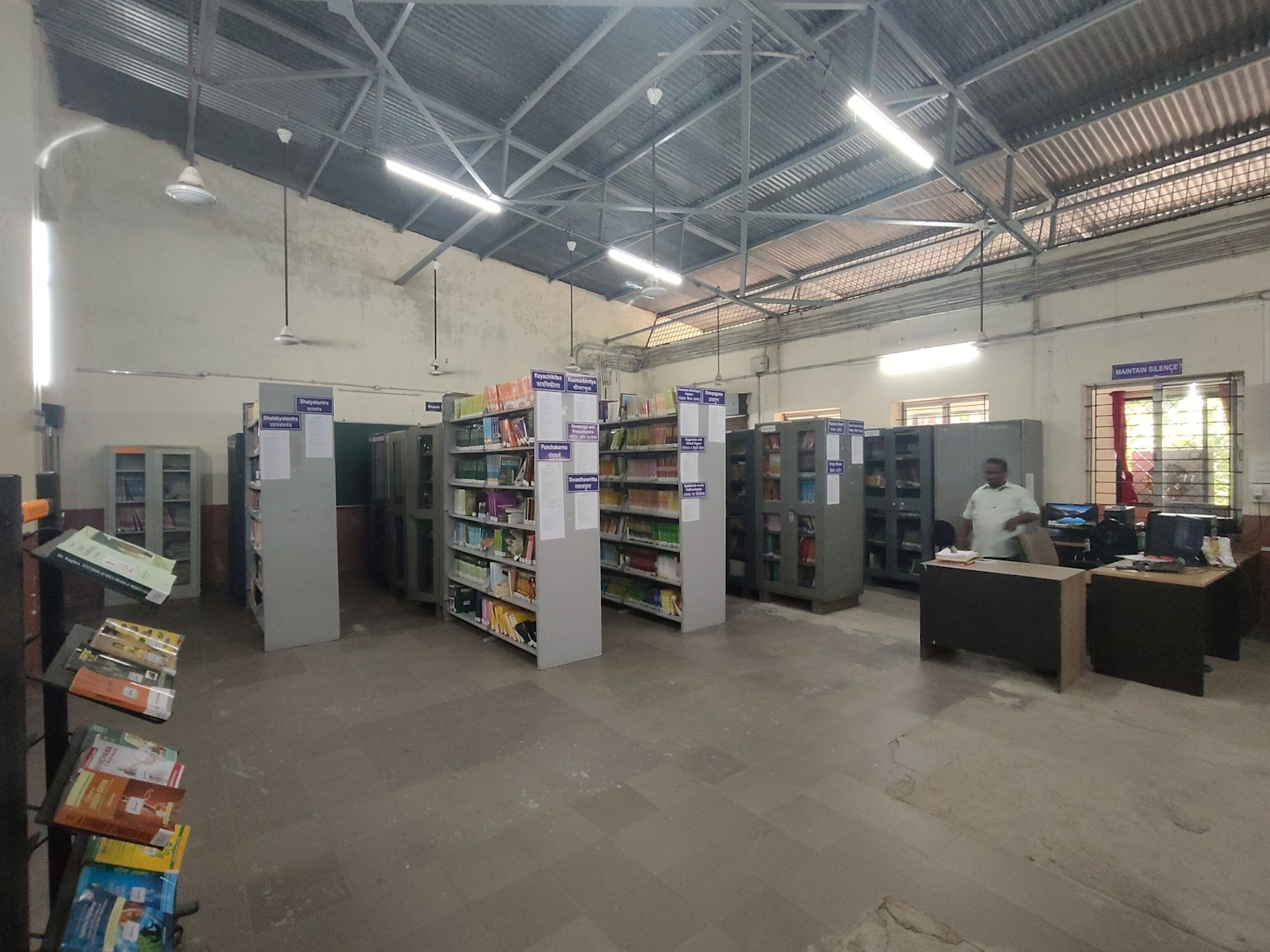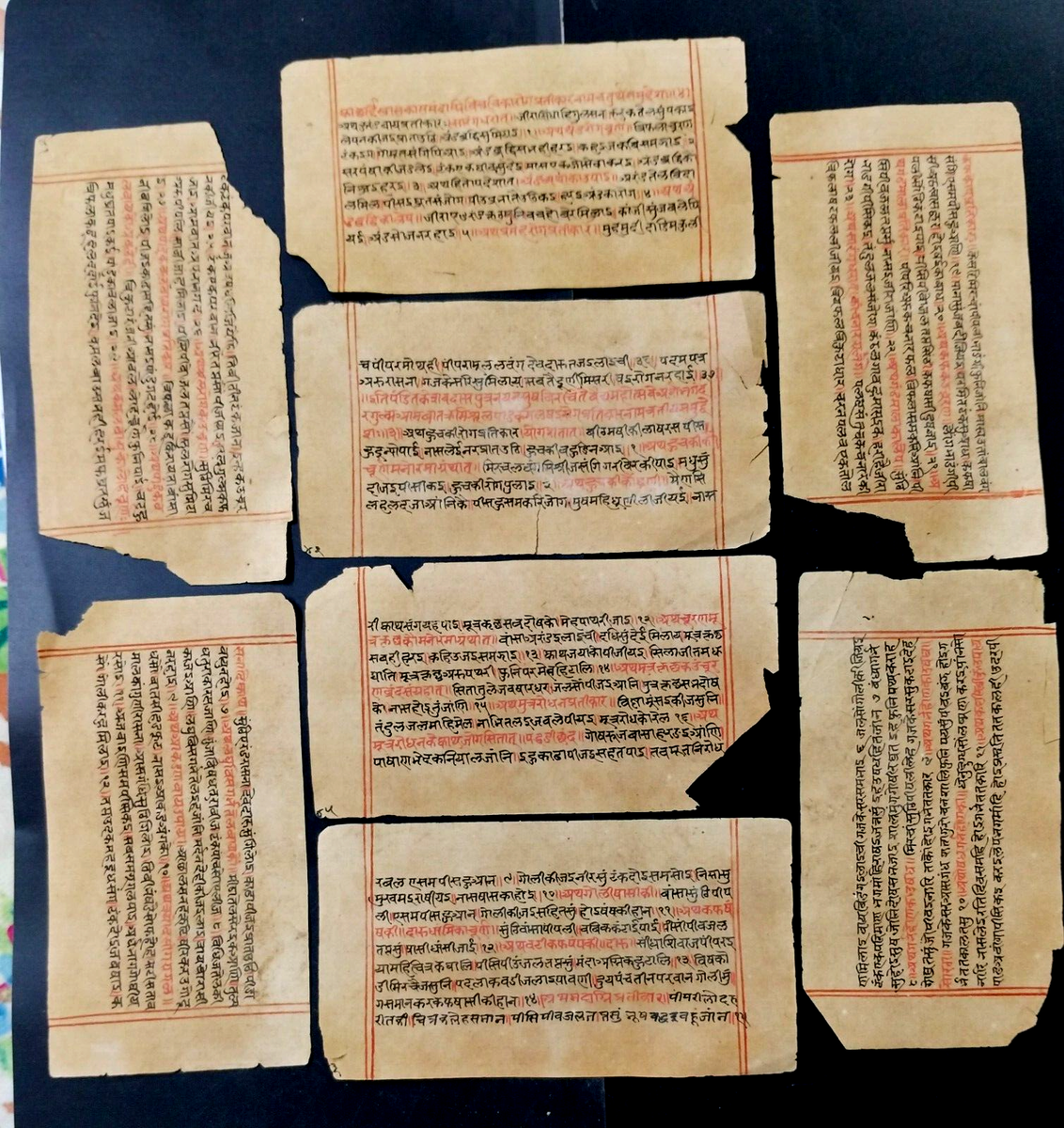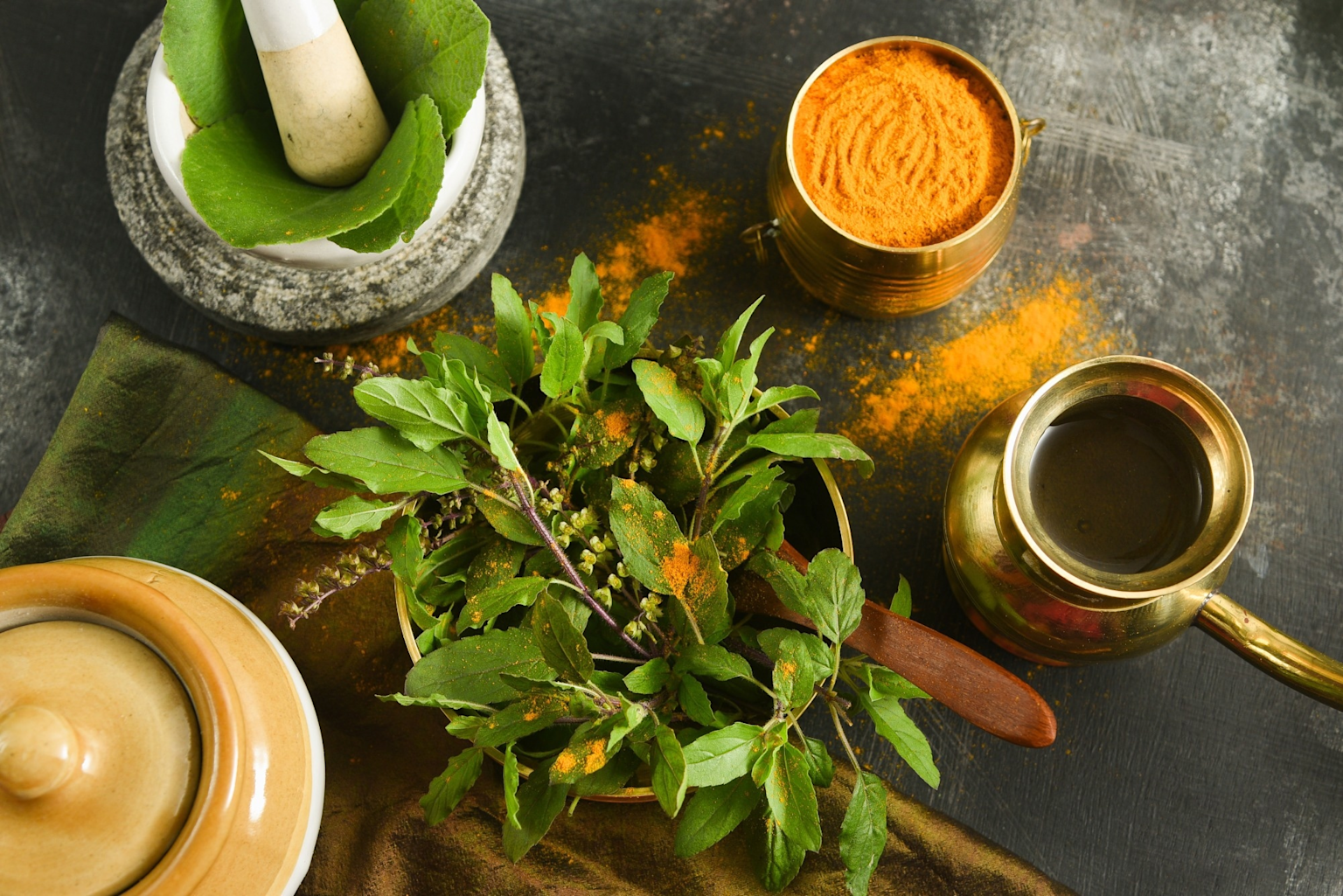The foundation of a successful thesis lies in selecting a topic that is not only academically sound but also practically feasible and clinically relevant. Your research should address existing gaps in Ayurvedic knowledge, validate classical concepts with modern scientific tools, or explore innovative therapeutic applications. The ideal thesis topic should have sufficient literature available for review, adequate patient population for clinical studies, and clear research objectives that can be achieved within the stipulated time frame.phdassistance+5
1. Kayachikitsa (Internal Medicine) – MD Ayurveda Thesis Topics
Kayachikitsa, the most expansive branch of Ayurveda, offers countless research opportunities in managing diverse clinical conditions. This specialty focuses on internal medicine and treatment of systemic disorders through various Ayurvedic modalities.
Popular Research Areas:
- Lifestyle Disorders: Clinical evaluation of Ayurvedic formulations in managing Prameha (Diabetes Mellitus Type 2), comparative studies of Medohara drugs versus modern anti-obesity medications in Sthaulya, efficacy of Panchakarma procedures in metabolic syndrome management.
- Cardiovascular Health: Assessment of Hridya drugs in Hridroga, role of Rasayana therapy in preventing coronary artery disease, comparative study of Arjuna bark preparations in hypertension management.
- Respiratory Disorders: Clinical trials on herbal formulations for Tamaka Swasa (Bronchial Asthma), efficacy of Vasa and Kantakari in chronic obstructive pulmonary disease, role of Nasya in allergic rhinitis.
- Gastrointestinal Disorders: Management of Grahani Roga through Deepana-Pachana therapy, clinical evaluation of Kutaja formulations in irritable bowel syndrome, role of Virechana in inflammatory bowel disease.
- Neurological Conditions: Efficacy of Basti therapy in Gridhrasi (Sciatica), clinical study on Vata-balancing formulations in Parkinson’s disease, role of Medhya Rasayana in cognitive enhancement.
2. Panchakarma – MD Ayurveda Research Topics
Panchakarma represents the pinnacle of Ayurvedic detoxification and bio-purification therapies, offering immense research potential. This therapeutic specialty focuses on five principal purification procedures and their applications in various clinical conditions.
Key Research Areas:
- Basti Therapy: Comparative efficacy of different Basti formulations in Vata Vyadhi, role of Anuvasana Basti in managing rheumatoid arthritis, clinical evaluation of Uttara Basti in female infertility.
- Virechana Karma: Assessment of Virechana in managing skin disorders, role of therapeutic purgation in Raktaja disorders, standardization of Virechana protocols for lifestyle diseases.
- Vamana Therapy: Clinical studies on Vamana in respiratory allergies, efficacy in chronic skin conditions, role in managing Kapha-dominant obesity.
- Nasya and Raktamokshana: Applications of Nasya in neurological disorders, therapeutic bloodletting in dermatological conditions, role in managing chronic migraines.
- Post-Panchakarma Care: Studies on Samsarjana Krama protocols, long-term effects of Panchakarma on immune function, role in post-COVID recovery.
3. Shalya Tantra (Surgery) – MS Ayurveda Thesis Topics
Shalya Tantra encompasses both surgical and parasurgical procedures, offering unique research opportunities in Ayurvedic surgical techniques. This branch focuses on Kshara Sutra therapy, Agnikarma, wound management, and various surgical interventions.
Research Focus Areas:
- Anorectal Disorders: Efficacy of Kshara Sutra in Bhagandara (Fistula-in-ano), comparative study of different Kshara preparations in Arsha (Hemorrhoids), clinical evaluation of parasurgical procedures versus modern surgery.
- Wound Healing: Role of Ayurvedic formulations in Dushta Vrana management, clinical study on honey-based dressings, assessment of herbal preparations in diabetic wound healing.
- Agnikarma Applications: Therapeutic cauterization in Sandhivata (Osteoarthritis), efficacy in chronic pain management, standardization of Agnikarma protocols.
- Kshara Karma: Clinical evaluation of alkaline therapy in benign tumors, role in managing urinary calculi, application in dermatological conditions.
4. Dravyaguna Vigyan (Pharmacology) – MD Ayurveda Research Topics
Dravyaguna Vigyan deals with medicinal substances, their properties, actions, and therapeutic applications. This fundamental branch offers extensive research scope in pharmacological validation, phytochemical studies, and clinical applications of Ayurvedic herbs.
Research Opportunities:
- Adaptogenic Herbs: Pharmacological validation of Ashwagandha’s stress-reducing properties, clinical trials on Guduchi for immune enhancement, comparative studies of Ayurvedic adaptogens.
- Cardiovascular Health: Research on Arjuna bark in heart disease prevention, antihyperlipidemic activity of Guggulu, clinical evaluation of Pushkarmool in cardiac disorders.
- Anti-diabetic Herbs: Phytochemical and clinical study of Gudmar in diabetes management, efficacy of Jamun seeds in blood glucose control, standardization of Meshshringi formulations.
- Hepatoprotective Studies: Clinical evaluation of Bhumi Amalaki in liver disorders, protective effects of Kutki in drug-induced hepatotoxicity, role of Punarnava in fatty liver disease.
- Ethnomedicinal Research: Documentation of traditional medicinal plant usage, authentication and standardization of controversial drugs, pharmacovigilance studies of Ayurvedic formulations.
5. Rasashastra & Bhaishajya Kalpana (Pharmaceutics) – MD Ayurveda Topics
This branch combines the knowledge of herbomineral preparations and pharmaceutical formulation techniques. Research in this field focuses on drug standardization, novel drug delivery systems, and analytical studies.
Research Domains:
- Standardization Studies: Physicochemical analysis of classical formulations, development of analytical methods for Bhasma evaluation, shelf-life studies of Ayurvedic preparations.
- Pharmaceutical Modifications: Converting classical formulations into modern dosage forms, bioavailability enhancement studies, development of sustained-release formulations.
- Quality Control: Heavy metal analysis in herbomineral preparations, microbial contamination assessment, HPTLC fingerprinting of herbal drugs.
- Novel Formulations: Development of transdermal patches from Ayurvedic drugs, preparation of nanomedicines from classical formulations, innovative Kalpanas for pediatric use.
6. Prasuti Tantra & Stree Roga (Obstetrics & Gynecology) – MS Ayurveda Research Topics
This specialty addresses women’s health across all life stages, offering rich research potential in reproductive health, pregnancy care, and gynecological disorders.
Key Research Areas:
- Fertility Management: Efficacy of Phala Ghrita in female infertility, role of Uttara Basti in anovulatory disorders, clinical evaluation of Ayurvedic protocols for PCOS management.
- Menstrual Disorders: Management of Asrigdara through Ayurvedic interventions, efficacy of Pushyanuga Churna in dysfunctional uterine bleeding, role of Shatavari in menstrual irregularities.
- Pregnancy Care: Clinical study on Garbhini Paricharya protocols, efficacy of specific Rasayana formulations in IUGR, role of prenatal Ayurvedic interventions in ensuring healthy pregnancy.
- Menopausal Health: Ayurvedic management of menopausal symptoms, role of hormone-balancing herbs, clinical trials on Ashwagandha in perimenopausal syndrome.
7. Kaumarabhritya (Pediatrics) – MD Ayurveda Thesis Topics
Kaumarabhritya focuses on child health from conception through adolescence, encompassing neonatal care, childhood diseases, and developmental milestones.
Research Focus:
- Neonatal Care: Role of Swarna Prashana in improving immunity, efficacy of Ayurvedic interventions in neonatal jaundice, management of low birth weight through herbal supplements.
- Pediatric Nutrition: Clinical evaluation of Bala Rasayana formulations in malnutrition, role of Ayurvedic dietary regimens in childhood obesity, assessment of Ayurvedic supplements in failure to thrive.
- Childhood Disorders: Management of recurrent respiratory infections through Ayurveda, efficacy of herbal formulations in attention deficit disorders, role of Medhya drugs in learning disabilities.
- Growth & Development: Studies on Lehana practices for optimal development, role of Panchakarma in pediatric rehabilitation, assessment of Ayurvedic immunomodulators in children.
8. Swasthavritta & Yoga – MD Ayurveda Research Topics
This preventive medicine branch focuses on health promotion, disease prevention, and lifestyle modification through Ayurvedic principles and Yogic practices.
Research Areas:
- Lifestyle Disease Prevention: Role of Dinacharya and Ritucharya in preventing diabetes, efficacy of Yoga protocols in cardiovascular disease prevention, impact of Ayurvedic dietary principles on metabolic health.
- Mental Health: Effectiveness of meditation and Pranayama in anxiety disorders, role of Sattvavajaya Chikitsa in depression management, clinical trials on Yoga for stress reduction.
- Occupational Health: Ayurvedic interventions for workplace stress management, role of specific Yoga asanas in preventing musculoskeletal disorders in IT professionals.
- Detoxification Studies: Clinical evaluation of seasonal Panchakarma for health maintenance, role of specific dietary modifications in body detoxification.
9. Rachana Sharira (Anatomy) – MD Ayurveda Topics
Rachana Sharira explores the structural aspects of the human body from Ayurvedic perspective, offering research scope in correlating classical anatomical concepts with modern anatomy.
Research Opportunities:
- Marma Studies: Clinical applications of Marma therapy in pain management, anatomical exploration of Marma points, therapeutic efficacy of Marma Chikitsa in various conditions.
- Srotas Research: Correlation studies between Srotas and modern physiological systems, assessment of Srotodushti in disease pathogenesis.
- Applied Anatomy: Anthropometric studies related to Pramana Sharira, correlation of Prakriti with body constitution types, anatomical basis of Agni Karma points.
10. Kriya Sharira (Physiology) – MD Ayurveda Research Topics
Kriya Sharira deals with physiological functions and their assessment through Ayurvedic parameters.
Key Areas:
- Prakriti Studies: Correlation of Deha Prakriti with genetic markers, physiological assessment of Dosha constitution, relationship between Prakriti and disease susceptibility.
- Agni Assessment: Objective evaluation of Agni status, correlation studies between digestive capacity and metabolic markers.
- Dhatu Research: Physiological studies on tissue formation and metabolism, assessment of Sapta Dhatu parameters through modern investigation.
11. Roga Nidan & Vikriti Vigyan (Pathology & Diagnostics) – MD Ayurveda Topics
This diagnostic branch focuses on understanding disease causation, pathogenesis, and diagnostic methodologies.
Research Focus:
- Diagnostic Studies: Validation of Nadi Pariksha parameters, correlation of Ashtavidha Pariksha with modern diagnostics, development of objective assessment tools for Dosha evaluation.
- Disease Pathogenesis: Studies on Samprapti of various diseases, correlation of Shatkriyakala stages with disease progression, research on Ama formation and its assessment.
- Prognostic Research: Validation of Ayurvedic prognostic indicators, studies on Sadhya-Asadhyata of diseases.
Get Expert Guidance at AyurThesis.com
Choosing the right thesis topic from these vast options can be overwhelming. At AyurThesis.com, our subject-specific experts from each department provide personalized guidance to help you select a topic that aligns with your interests, available resources, and academic requirements. We assist with topic refinement, literature review, research methodology design, and complete thesis writing support.
Our comprehensive services include synopsis preparation, ethical clearance documentation, statistical analysis, manuscript writing, and professional thesis printing and binding at the lowest market rates with free all-India delivery. As a registered MSME startup specializing exclusively in Ayurveda thesis services, we have successfully guided hundreds of MD, MS, and PhD scholars across India.
Visit www.ayurthesis.com today to discuss your research ideas and embark on a successful academic journey with India’s leading Ayurveda thesis specialists. Let us transform your research aspirations into academic excellence.




